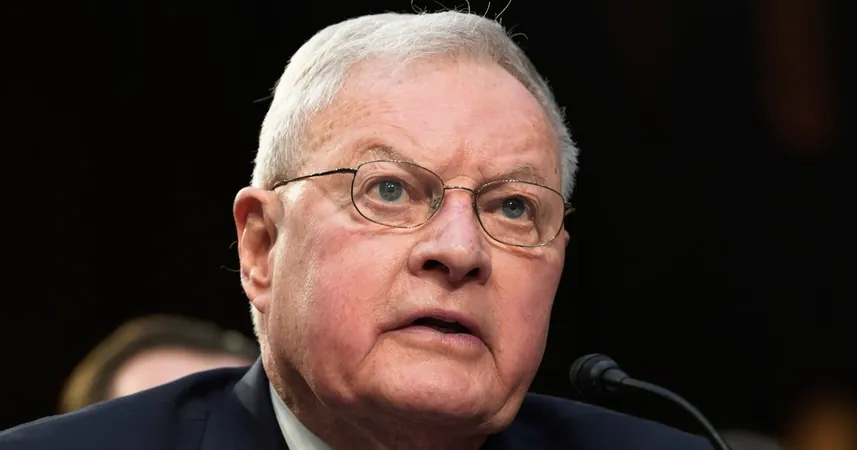
Keith Kellogg's Unconventional Strategy to End the Russia-Ukraine War Under Trump’s New Administration
2024-11-28
Author: Emily
Who Is Keith Kellogg?
At 80 years old, Kellogg brings a wealth of experience to the table, having served as Chief of Staff for the National Security Council during Trump’s initial term. His background includes significant military service, notably as a Vietnam War veteran and as an operative in Iraq during its transitional government post-2003 invasion.
Trump's announcement on his Truth Social platform underscored Kellogg’s loyalty, saying, “He was with me right from the beginning!” The newly imagined position of special envoy underscores Trump’s diplomatic aspirations to resolve the conflict while gaining popular support.
Kellogg's Ceasefire Plan
In April, Kellogg co-authored a strategy paper with Fred Fleitz, advocating for negotiations to secure a ceasefire. The paper critiques President Joe Biden’s administration for escalating the conflict through military support for Ukraine while alleging a lack of effective diplomatic engagement with Russia. This perspective aligns with Trump’s “America First” ethos.
Kellogg argues that had there been a more assertive U.S. stance against Russian President Vladimir Putin from the start, the invasion might have been prevented. Still, experts note there’s insufficient evidence to link Putin’s aggression directly to perceptions of Biden’s leadership.
His approach envisions a balanced policy where: - The U.S. continues military support for Ukraine but with strings attached – namely, its participation in peace discussions. - NATO leaders might offer a delay in Ukraine's membership application to facilitate negotiations. - Russia may receive sanctions relief if it commits to a peace deal, alongside proposals to levy taxes on Russian energy exports for Ukraine’s reconstruction funding.
Can Kellogg’s Strategy Succeed?
The complexities of the conflict are substantial. According to Keir Giles, a senior consulting fellow at Chatham House, negotiation is tricky, as both Russia and Ukraine maintain divergent objectives. Russia may delay negotiations until it feels strategically secure, while Ukraine risks any ceasefire leading to a detrimental status quo.
Giles highlights that Kellogg must ensure cross-government cooperation, as theoretical plans often fail to materialize in actual policy.
Kellogg's ideas clash with Ukrainian President Volodymyr Zelenskyy's strategy, which heavily emphasizes NATO membership as indispensable for Ukraine's long-term defense. While NATO leaders assure Ukraine of its path to membership, the ongoing war complicates immediate accession.
Ukrainians demand any peace settlement must invalidate Russia's annexations, particularly Crimea. Conversely, Kellogg’s plan introduces conditional military support, straying from Zelenskyy’s need for robust and sustained assistance.
Trump’s Position
While Trump has pledged to swiftly end the conflict, specific details remain elusive. In a recent podcast, he hinted at possessing a detailed plan but withheld insight, suggesting that revealing such strategies could undermine their effectiveness.
The day after the election, he purportedly contacted Putin, urging restraint in escalating the war – a claim Moscow refuted, calling it "pure fiction." Trump's rhetoric suggests skepticism towards Biden’s strategies, painting the current administration's approach as a hindrance to American interests.
A Compromised Peace?
JD Vance, Trump’s vice president, hinted at his perspectives on how negotiations might unfold, suggesting the establishment of a demilitarized zone as a peacekeeping tactic. Such proposals, however, may require painful concessions from Ukraine regarding its territorial integrity, a condition Zelenskyy's administration likely views as unacceptable.
As the situation continues to evolve and both domestic and international factors come into play, Kellogg’s strategy raises numerous questions about feasibility and long-term implications for regional stability. The pathway to peace remains fraught with challenges, but given the stakes involved, the world waits with bated breath as Trump and his envoy chart a course forward in this pressing geopolitical issue.
Stay tuned for exclusive developments as this story unfolds!
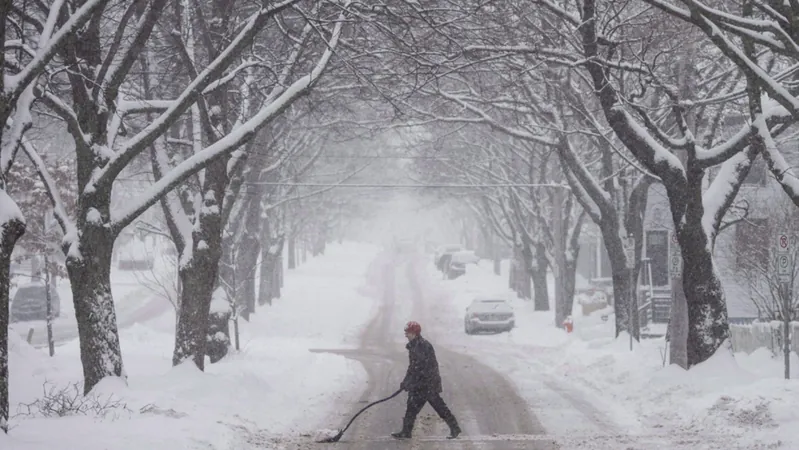
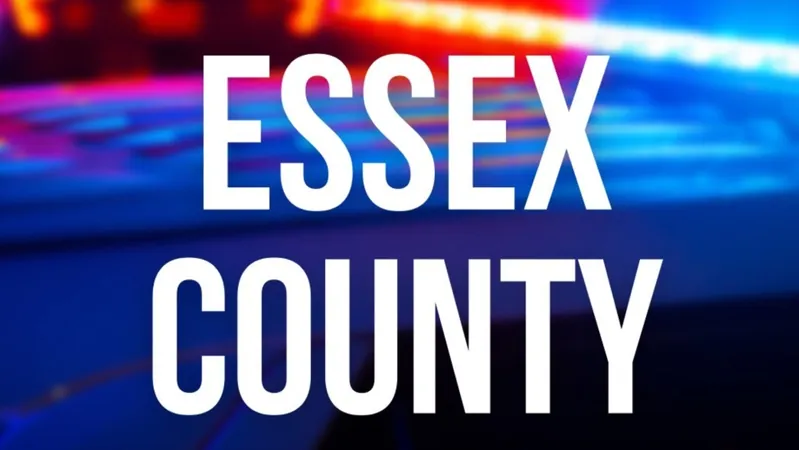

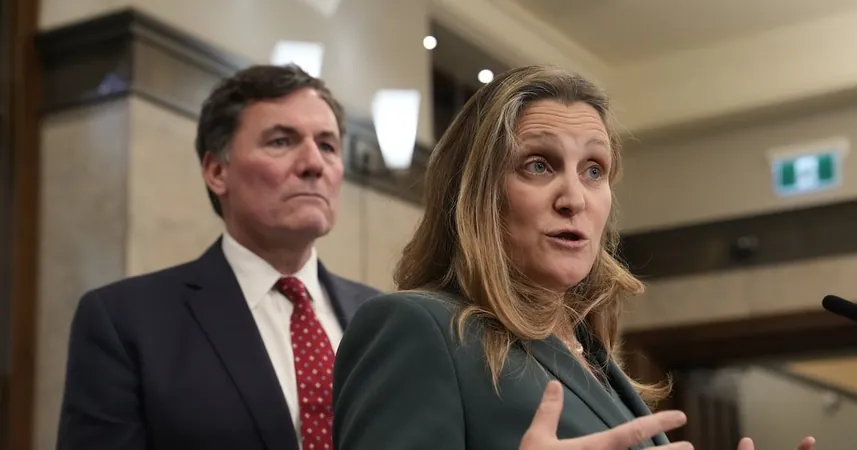

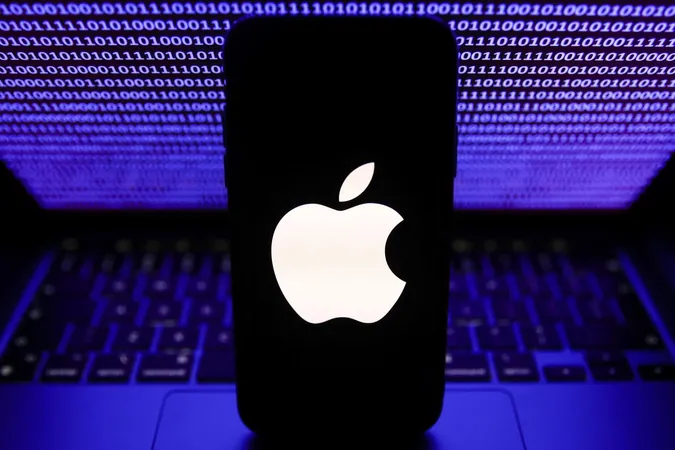
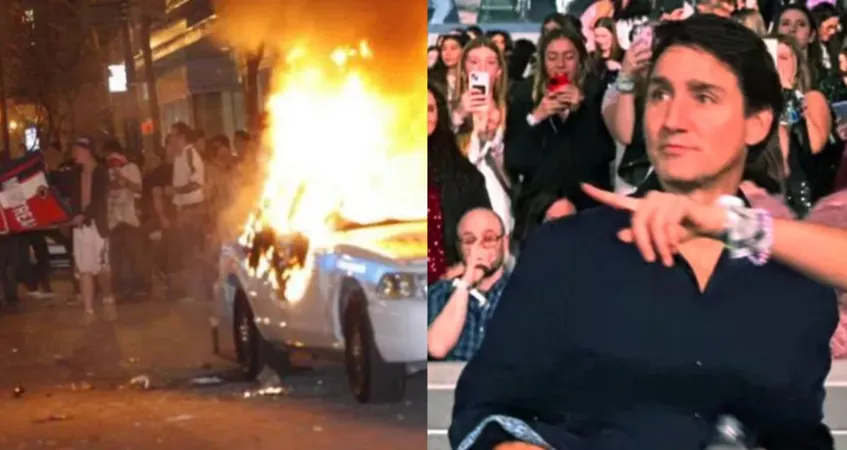

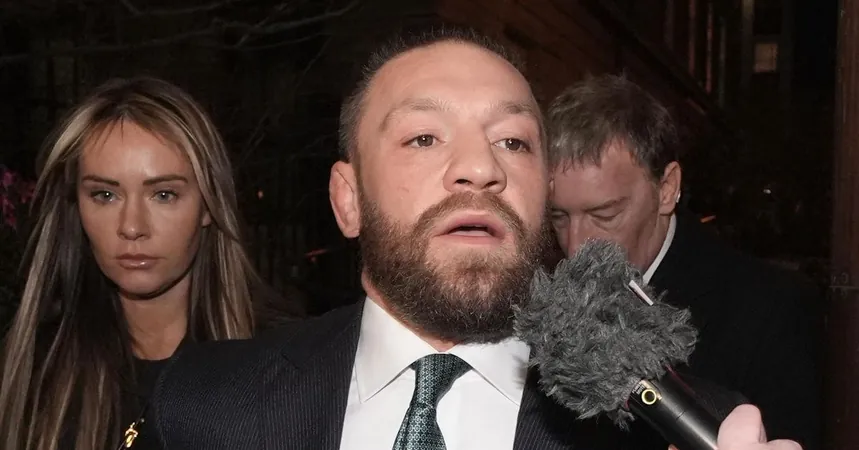
 Brasil (PT)
Brasil (PT)
 Canada (EN)
Canada (EN)
 Chile (ES)
Chile (ES)
 España (ES)
España (ES)
 France (FR)
France (FR)
 Hong Kong (EN)
Hong Kong (EN)
 Italia (IT)
Italia (IT)
 日本 (JA)
日本 (JA)
 Magyarország (HU)
Magyarország (HU)
 Norge (NO)
Norge (NO)
 Polska (PL)
Polska (PL)
 Schweiz (DE)
Schweiz (DE)
 Singapore (EN)
Singapore (EN)
 Sverige (SV)
Sverige (SV)
 Suomi (FI)
Suomi (FI)
 Türkiye (TR)
Türkiye (TR)